The Perioperative Breastfeeding Patient
December 4, 2024
8 pm ET
Certificate of Attendance
This presentation outlines the anesthetic considerations for the breastfeeding patient coming in for any operative procedure. This is a population that anesthesiologists may not see regularly, but their treatment can have a significant impact on the patient and their infant. The presenters will go through the basics of breastfeeding physiology, perioperative complications, and spend time going through anesthetic medications and their potential infant risks. They will further explain why most patients can continue to breastfeed postoperatively without the need to “pump and dump”.
The second portion of the presentation will review a local quality improvement project in Edmonton to standardize and improve discharge teaching instructions provided by perioperative practitioners including anesthesiologists, nurses, and surgeons. The presenters will highlight available guidelines and potential opportunities to support this patient population. They will also describe challenges they have faced and lessons learned to inspire similar change in other hospitals in Canada.
Moderator: Dr Dan McIsaac

Dr Dan McIsaac is an anesthesiologist, scientist, and university research chair who focuses on improving outcomes for high-risk and older surgical patients. At the University of Ottawa and The Ottawa Hospital, Dr McIsaac conducts multicenter clinical trials, health services research, and knowledge synthesis to advance the provision of effective anesthesiology and perioperative care. Dr McIsaac is also an Associate Editor at Anesthesiology, and an Editorial Board Member at the
Canadian Journal of Anesthesia (CJA).
Presenter: Dr Lynn Squires
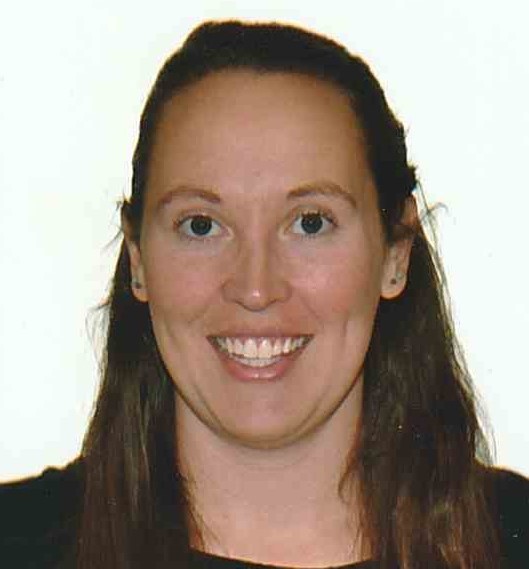 Dr Squires completed her residency at the University of Alberta in 2023 and has benefited greatly from the mentorship of Dr Sim. She is currently completing a fellowship in obstetrical anesthesiology with Stanford Medicine and will be returning to Edmonton to work. She finds balance in spending time with her toddler and hiking whenever possible.
Dr Squires completed her residency at the University of Alberta in 2023 and has benefited greatly from the mentorship of Dr Sim. She is currently completing a fellowship in obstetrical anesthesiology with Stanford Medicine and will be returning to Edmonton to work. She finds balance in spending time with her toddler and hiking whenever possible.
Presenter: Dr Jaime Sim
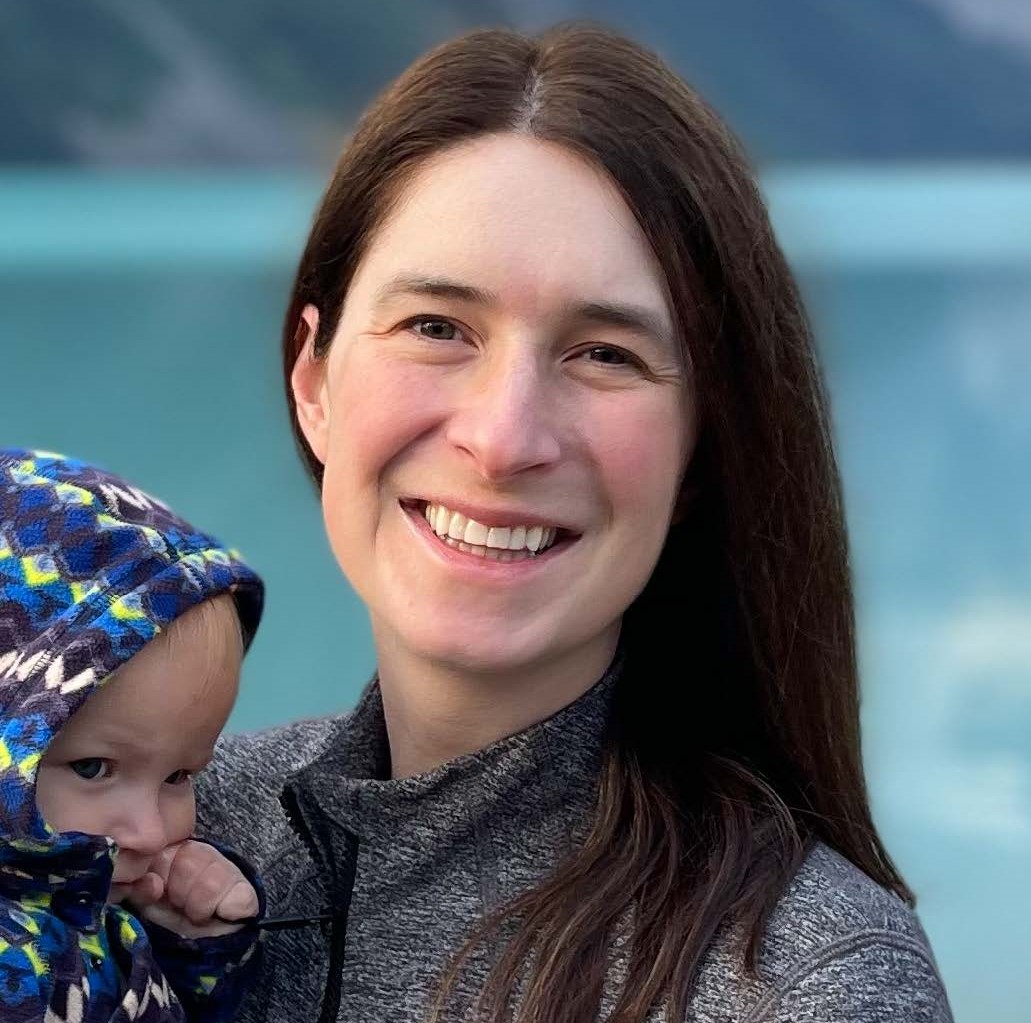 Dr Sim graduated from the University of Alberta residency program in 2020. Since then, she has been primarily working at the Grey Nuns Hospital in Edmonton. She is also the Assistant Program Director for the residency program and has been enjoying interacting with the resident body. She enjoys spending time with her family and being outdoors when the weather allows.
Dr Sim graduated from the University of Alberta residency program in 2020. Since then, she has been primarily working at the Grey Nuns Hospital in Edmonton. She is also the Assistant Program Director for the residency program and has been enjoying interacting with the resident body. She enjoys spending time with her family and being outdoors when the weather allows.
Learning Objectives:
After attending this round, the participants will be able to:
- Review the anesthetic considerations for a patient coming in for an operation while breastfeeding
- Review the current guidelines and research on medication management by anesthesiologists for breastfeeding patients
- Discuss the options for postoperative pain management including discharge prescriptions
- Discuss local efforts to improve discharge teaching at various sites around Edmonton and consider ways this could be applied to other sites
Perioperative Frailty
October 2, 2024
8 pm ET
Certificate of Attendance
Understanding perioperative frailty is paramount for Canadian anesthesiologists as it directly impacts patient outcomes. Frailty assessment guides anesthesiologists in tailoring perioperative care to individual patient needs, ensuring optimized preoperative planning, and minimizing postoperative complications. Recognizing frailty enhances risk stratification, enabling more precise interventions and contributing to improved overall patient safety and healthcare quality in the Canadian context.
Moderator: Dr Amélie Pelland
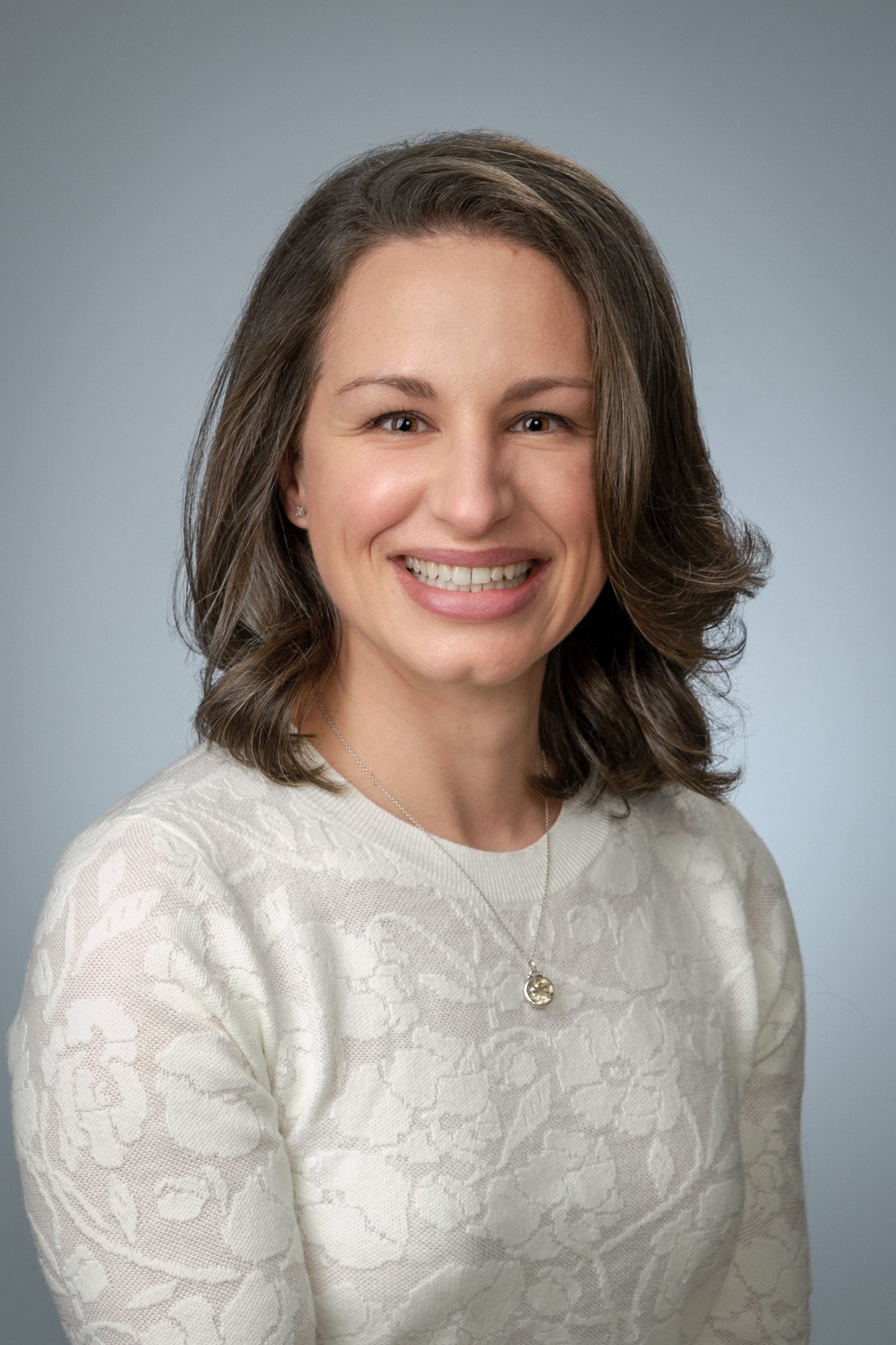
Dr Amélie Pelland is originally from Ottawa, ON, where she also completed medical school. In 2017, she finished residency at Dalhousie University in Halifax, NS, and became the first fellow in the perioperative medicine program at St. Paul’s Hospital in Vancouver, BC. Dr Pelland is currently a clinical instructor at University of British Columbia UBC with a special interest in perioperative medicine. Her clinical practice is based at Lion’s Gate Hospital in North Vancouver. Non-medical interests include cycling, skiing, and hiking the North shore’s beautiful mountains.
Presenter: Dr Abdulrahman Alboog
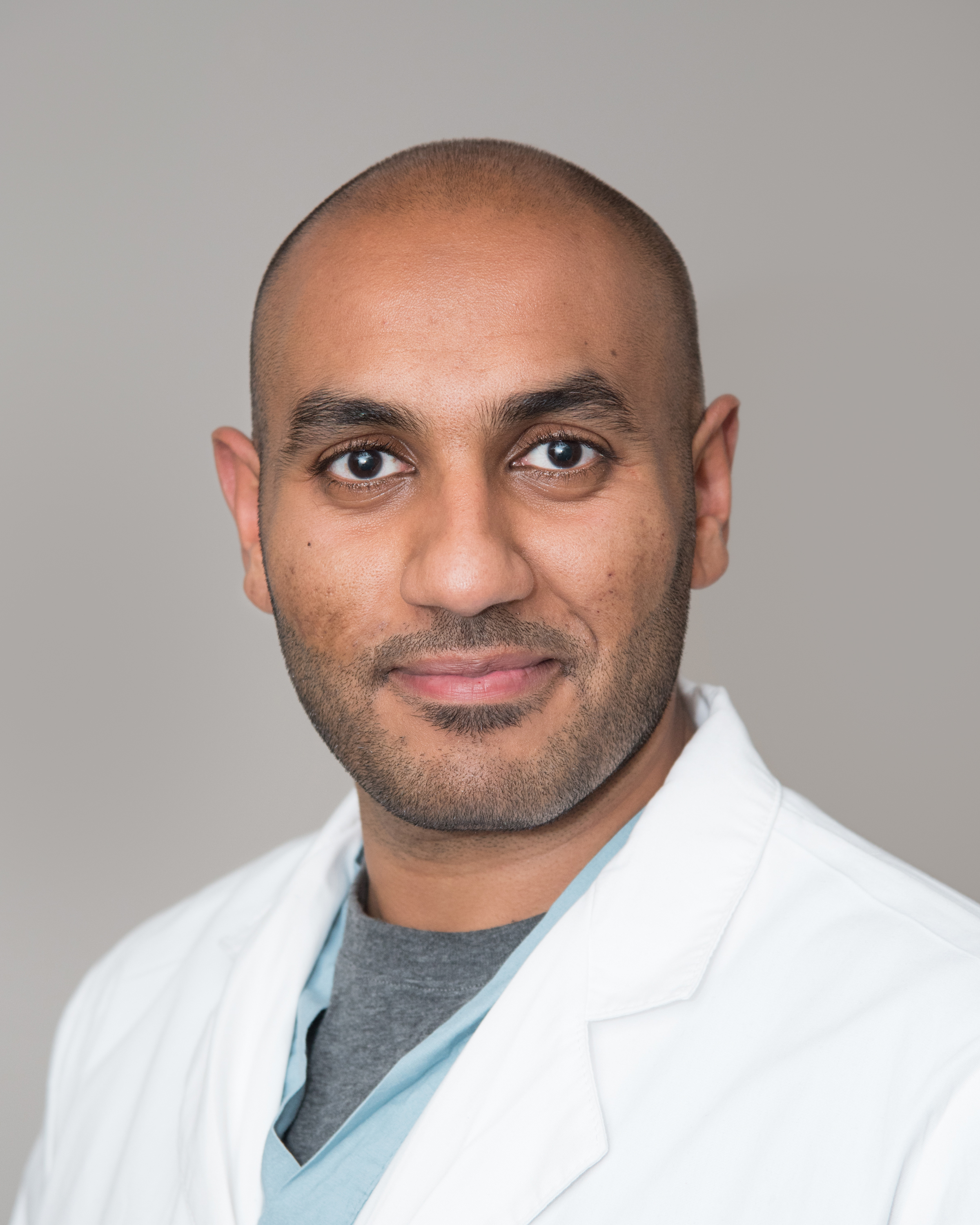 Dr Abdulrahman Alboog is a specialist in Anesthesiology and Pain Medicine, having completed both residency and fellowship training at Western University in London, Ontario. He earned a Master's in Public Health from Johns Hopkins University with a focus on Health Leadership and Management. Notably, during his master's program, Dr Alboog also achieved a postgraduate diploma in Patient Safety and Quality Improvement.
Dr Abdulrahman Alboog is a specialist in Anesthesiology and Pain Medicine, having completed both residency and fellowship training at Western University in London, Ontario. He earned a Master's in Public Health from Johns Hopkins University with a focus on Health Leadership and Management. Notably, during his master's program, Dr Alboog also achieved a postgraduate diploma in Patient Safety and Quality Improvement.
Learning Objectives:
After attending this round, the participants will be able to:
- Describe the pathophysiology of frailty
- Identity patients at risk for perioperative frailty and its sequalae
- Apply risk stratification tools
Secondary Trauma in Operating Room Healthcare Providers
September 4, 2024
8 pm ET
Certificate of Attendance
All health care professionals bear witness to traumatic events at work. Post traumatic stress and vicarious trauma have been extensively studied in military and emergency response personnel. Very little work has occurred on the impact of witnessing and caring for patients undergoing trauma and life altering events on healthcare workers. Post-traumatic stress contributes to physician wellness and burnout. It impacts personal wellness as well as work output and has a significant cost to the individual, the institution, and to the public. This round is an opening to a larger conversation of these issues within anesthesiologists and perioperative teams.
Moderator: Dr Claudia Gomez
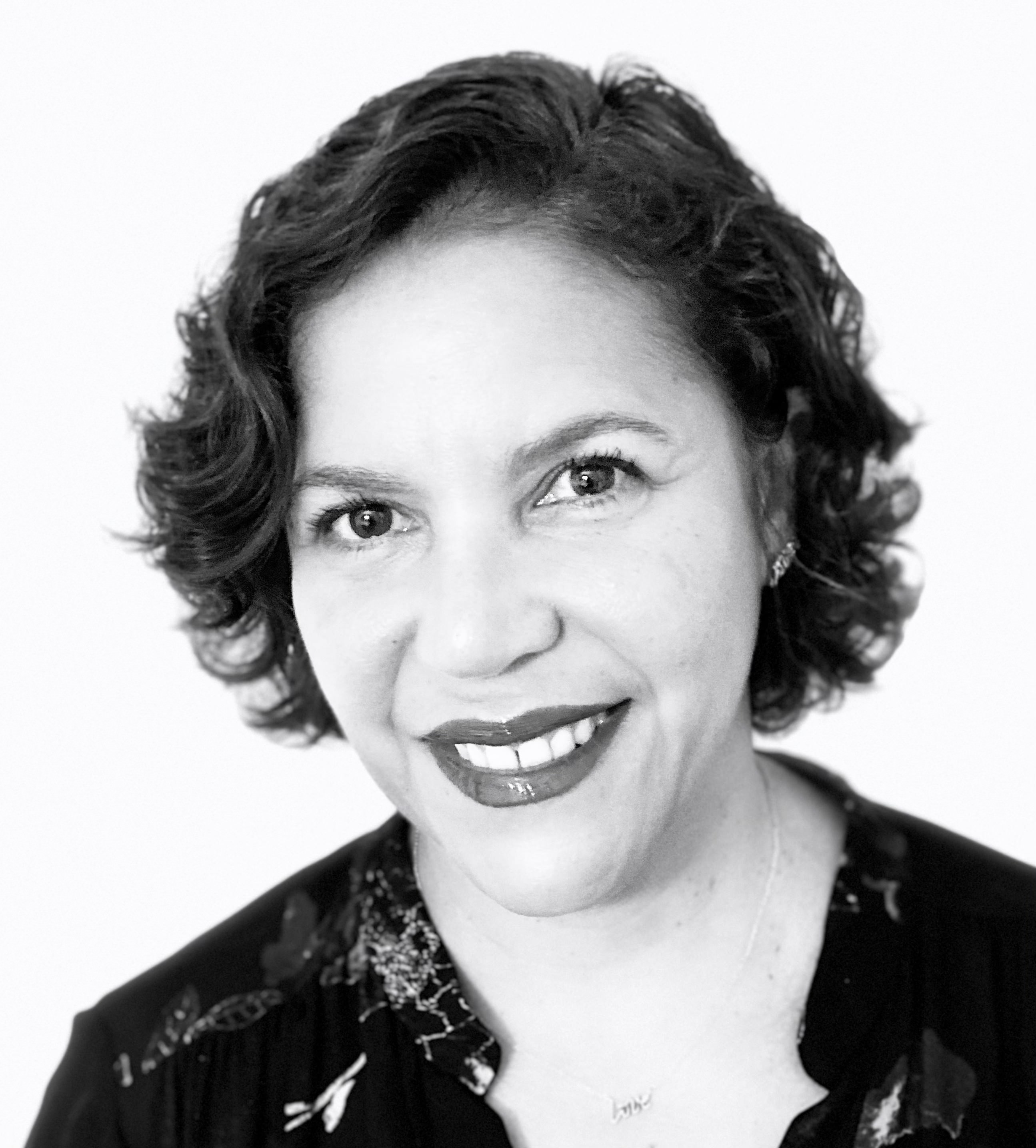
Dr Claudia Gomez is a Physician Anesthesiologist with Fellowships in Acute Pain Management and Perioperative Medicine. Dr Gomez also holds a degree in Health Professions Education. She is involved in the Acute Pain Management Team at the Ottawa Hospital and is the Fellowship Lead for the Acute Pain Management program. She is an active member of the Quality and Patient Safety Committee at the Department of Anesthesiology and Pain Medicine at the Ottawa Hospital and holds multiple commitments at the Anesthesiology Residency Program as an academic coach, mentor, and wellness lead for the program.
Presenter: Dr Sally Bird
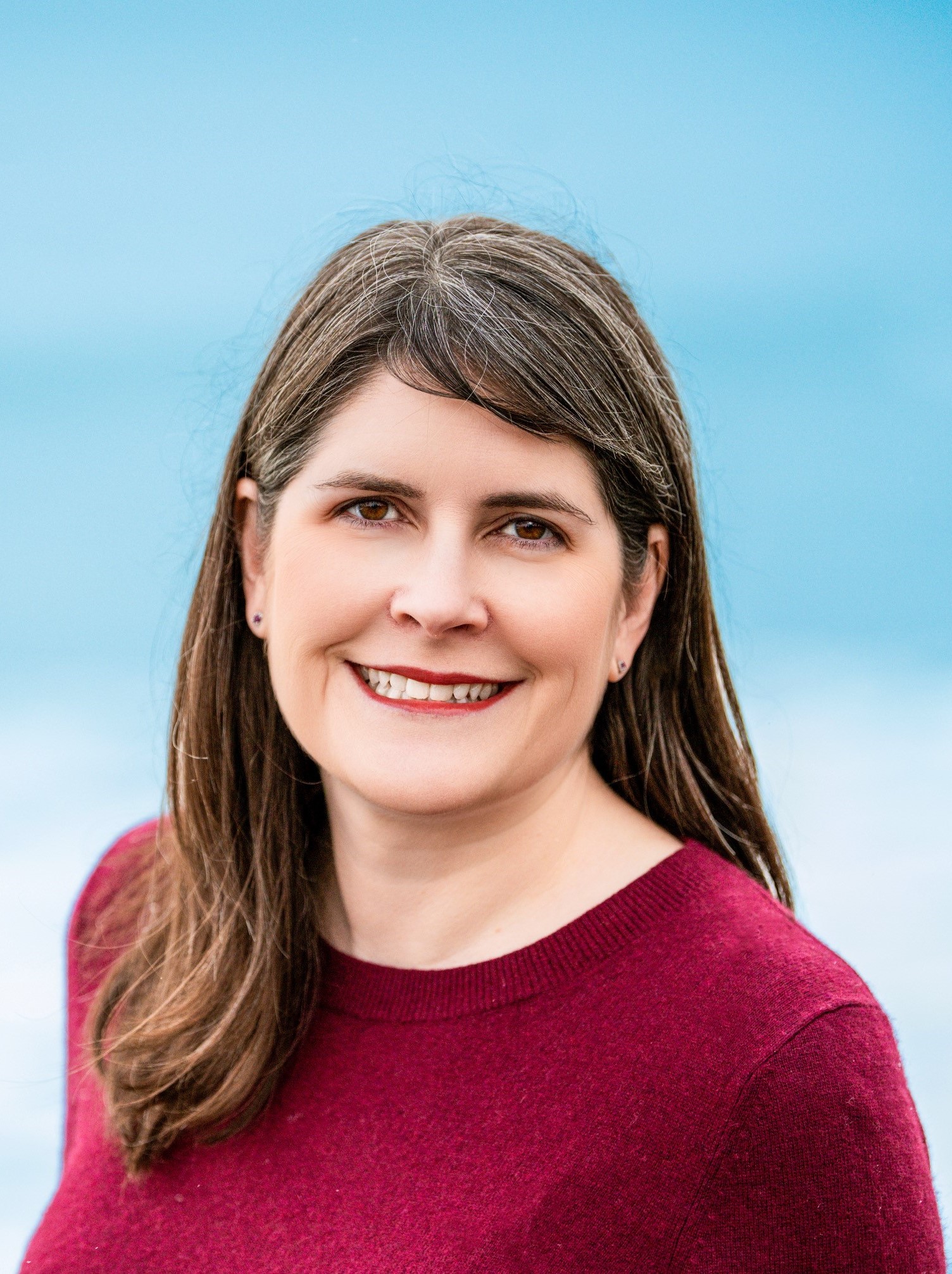 Dr Bird is an academic pediatric anesthesiologist based in Halifax, Nova Scotia. She has special interests in regional anesthesia, quality improvement, patient safety, and how operative room culture impacts patient safety. Through her own personal experience with several traumatic clinical cases and through her role in clinical leadership she became interested in how practitioner health and wellness impact patient safety, quality of care, physician burnout, and operative room culture. These rounds are the culmination of her exploration of this topic.
Dr Bird is an academic pediatric anesthesiologist based in Halifax, Nova Scotia. She has special interests in regional anesthesia, quality improvement, patient safety, and how operative room culture impacts patient safety. Through her own personal experience with several traumatic clinical cases and through her role in clinical leadership she became interested in how practitioner health and wellness impact patient safety, quality of care, physician burnout, and operative room culture. These rounds are the culmination of her exploration of this topic.
Learning Objectives:
After attending this round, the participants will be able to:
- Develop an understanding for the definition of secondary or vicarious trauma
- Learn about the prevalence of trauma in healthcare providers in general and anesthesiologists in particular
- Discuss the connection between secondary trauma and burnout
- Discuss strategies for developing resilience and other protective skills
Perioperative care for the transgender patient
May 1, 2024
8 pm ET
Certificate of Attendance
Transgender patients represent approximately 2% of the general population but are some of the most underserved and under-resourced patients in our care. Surgical options for gender affirming care have progressed beyond “top and bottom” surgery and can include facial reconstruction and vocal cord surgeries. Some of these may complicate interpreting our typical airway assessment and scar tissue may interfere with airway interventions. As this is not a topic most physicians have had much training in it is prudent we take time to cover other considerations including chronic pain and restrictive lung physiology from chest binders, relevant comorbidities and approach to gender affirming perioperative care regardless of the planned procedure.
Moderator: Dr Greg Manning
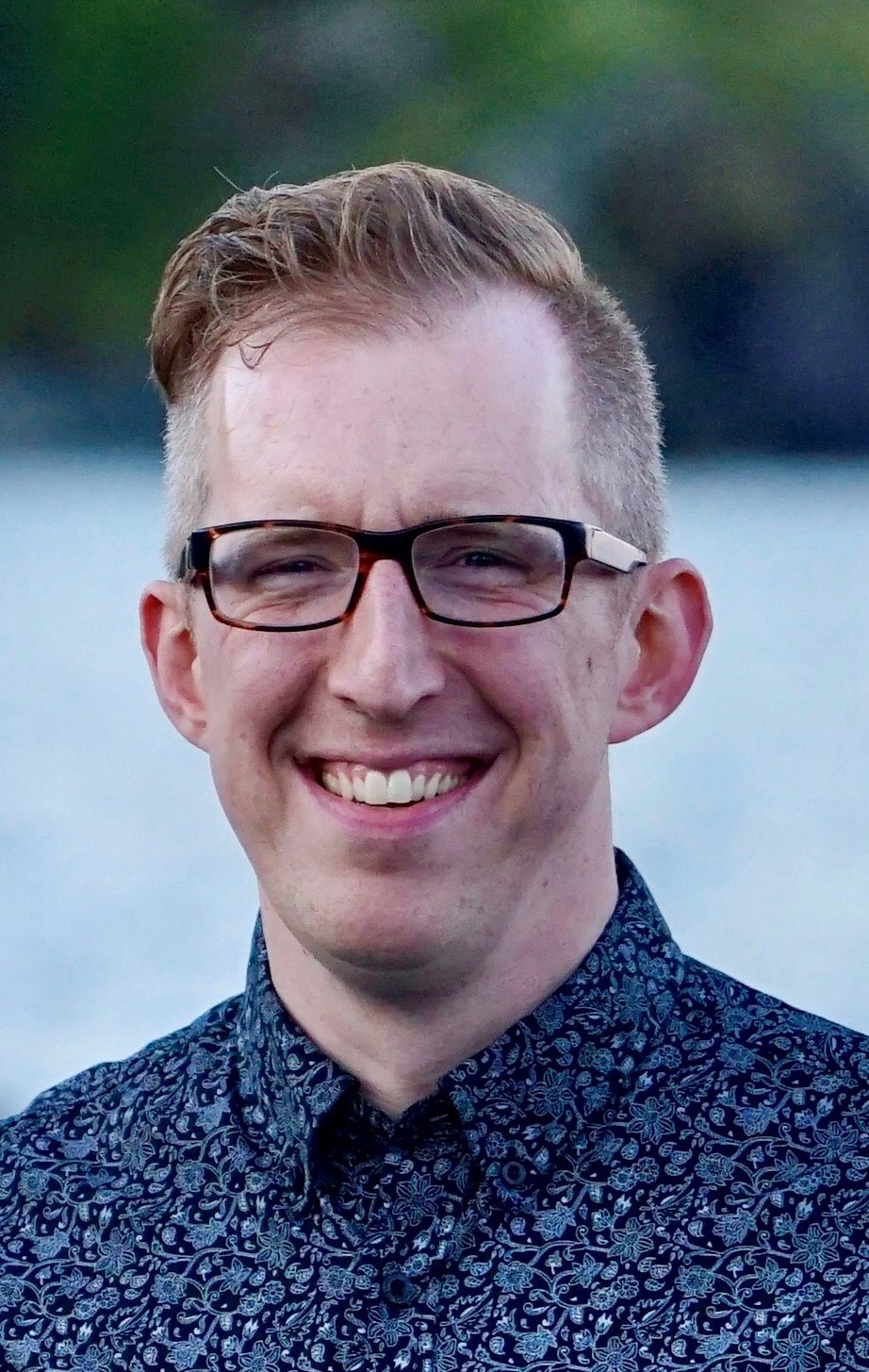
Dr Manning is a Cardiac Anesthesiologist and Critical Care Physician, who is working to solve healthcare problems at a system level. He completed medical school and residency training at Memorial University and is fellowship trained at the University of Ottawa. Since, he has been in independent practice in St. John’s, NL and the Ottawa Heart Institute. After completing a Global Executive MBA in Healthcare and Life Sciences at Rotman School of Management (University of Toronto) in 2022, Dr Manning has shifted his career towards health system development and is now a Senior Medical Director with Newfoundland and Labrador Health Services (NLHS). Dr Manning is the CAS Chair of the Equity, Diversity and Inclusion Committee and is beginning a term as a member of the WFSA Diversity, Equity and Inclusion Committee.
Presenter: Dr Derek Dionne

Dr Derek Dionne is currently a PGY3 Anesthesia resident at Queen’s University. He did his Bachelor’s in pharmacology and Master’s in Cell biology at University of British Columbia (UBC) in Vancouver and his medical school in Kelowna. Being part of the LGBTQ+ community he has a passion for advocating for inclusive healthcare. He spent lots of time on the mountains snowboarding in BC and can spend many hours on complex board games, when residency allows! If he wasn’t in medicine, he would’ve been a voice actor.
After attending this round, the participants will be able to:
-
Define gender diverse terminology and integrate pronouns
-
Describe gender affirming interventions – social, medical, and surgical
-
List perioperative considerations for transgender patients
- Manage hormone replacement therapy perioperatively
- Recognize facial/vocal cord surgeries
- Lead perioperative team in providing affirming medical care to trans patients
Perioperative mental health: the elephant in the (operating) room
March 6, 2024
8 pm ET
Certificate of Attendance
1 in 5 Canadians have a diagnosable mental disorder within any given year, and surgical patients are at even higher risk. Surgery is a highly stressful experience for many patients and at least half experience significant levels of acute preoperative anxiety and distress. Psychological factors have deleterious effects on critical surgical patient outcomes, such as pain, complications, functional recovery, length of stay, readmission, dissatisfaction with surgery, and mortality. These mental health impacts also extend to the healthcare system as a whole. Mental health disorders incur excess costs upwards of $600 US and $3400 US per patient following oncological and arthroplasty surgeries, respectively. Patients also identify anxiety as the worst component of their surgery experience. Despite the importance of mental health for patients undergoing surgery, perioperative mental health research is in its infancy and there are limited targeted interventions to manage mental health prior to surgery. This round will aim to review extant literature on perioperative mental health, and introduce approaches to optimize mental health prior to surgery.
Moderator: Dr Angela Jerath
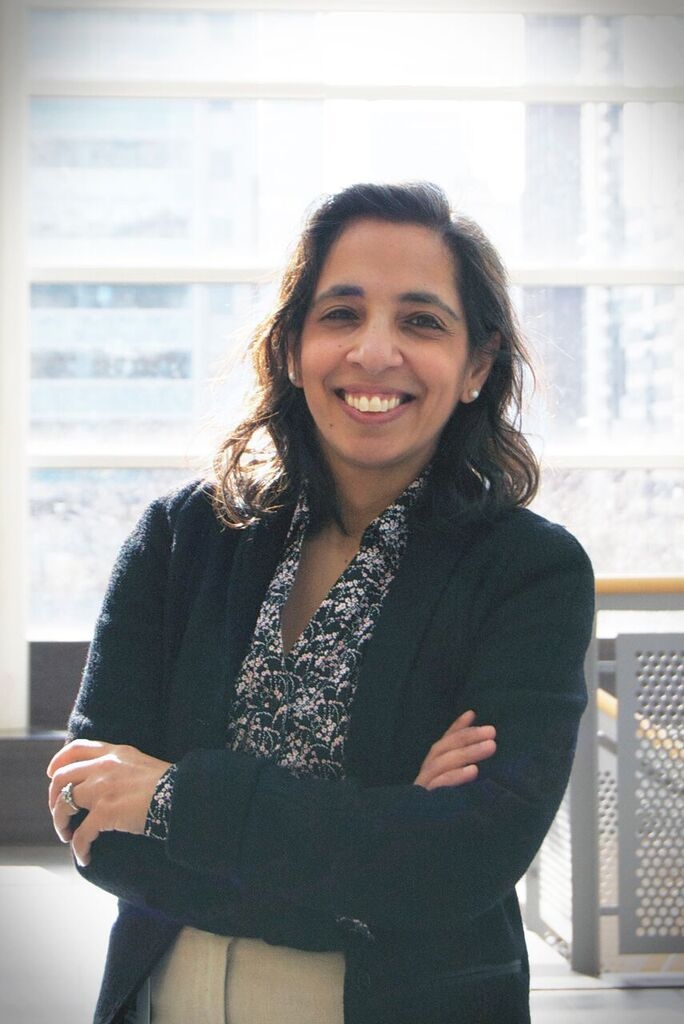
Dr Angela Jerath is an academic cardiac anesthesiologist and trained cardiovascular intensivist. She serves as an associate professor at the University of Toronto, based at Sunnybrook Health Sciences Centre. She dedicates her research efforts into the examination and implementation of innovative critical care and surgical health delivery models, and assessing their influence on patient and health system outcomes using various clinical epidemiological and translational research methodologies.
Presenter: Dr Renee El-Gabalawy
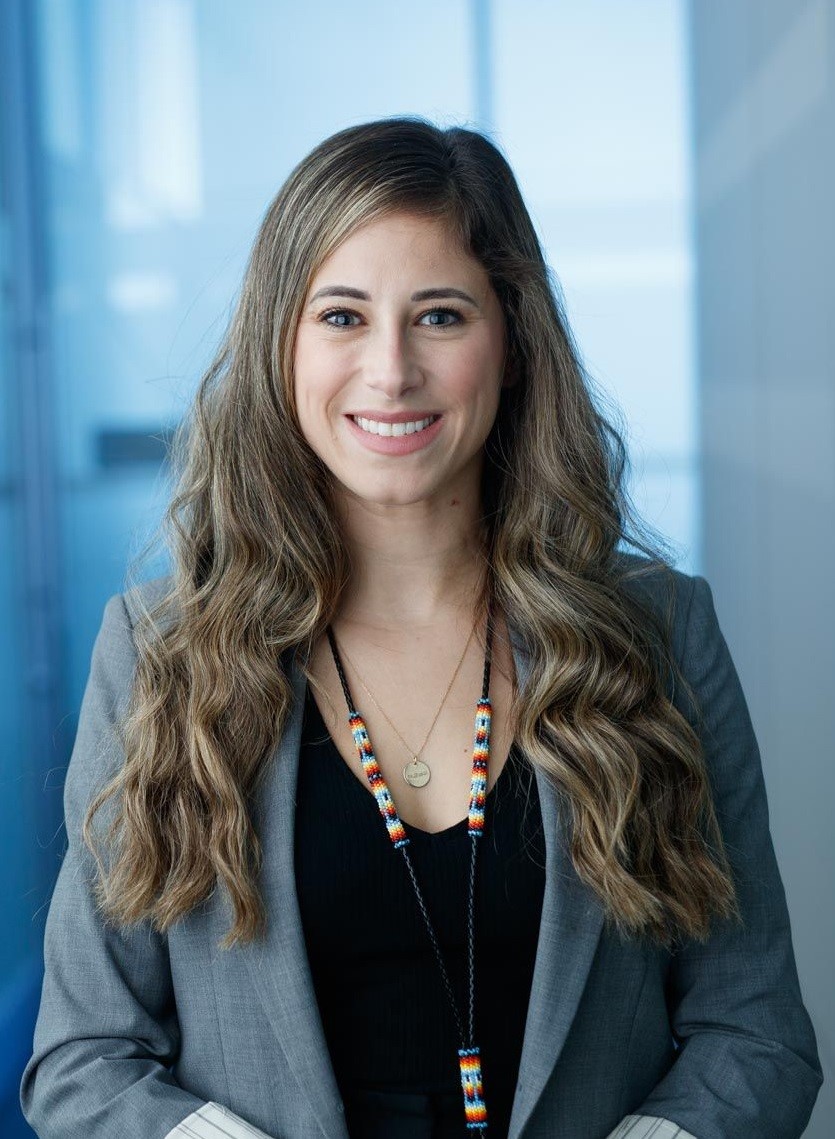
Dr El-Gabalawy is a Clinical Health Psychologist and Associate Professor who is cross-appointed in the Departments of Anesthesiology, Perioperative and Pain Medicine and Clinical Health Psychology at the University of Manitoba. She has research and clinical expertise in perioperative mental health and is internationally recognized in this area. Dr El-Gabalawy has over 120 peer-reviewed publications (H-index=36), and has obtained millions of dollars of funding as co- or principal investigator.
Learning Objectives:
After attending this round, the participants will be able to:
- Describe research demonstrating the impact of preoperative mental health status on perioperative outcomes
- Explain state anxiety and distress in a perioperative context (and how we can assess this)
- Describe and select appropriate preoperative approaches to optimize mental health
Canadian Airway Training: Guideline-based or choose your own adventure?
February 15, 2024
8 pm ET
Excellence in airway management is a cornerstone in anesthesia education and becomes part of one’s identity in anesthesia practice for many. Airway education is highly variable between Canadian universities and within programs, and the focus on individual skills and decision-making does not reflect the teamwork expected in both standard and emergency airway management. Recognition and predictable team response during airway emergencies lags other emergencies such as trauma and cardiac arrest. This round will address these challenges and help you in assessing airway guidelines.
Moderator: Dr Greg Manning

Dr Manning is a Cardiac Anesthesiologist and Critical Care Physician, who is working to solve healthcare problems at a system level. He completed medical school and residency training at Memorial University and is fellowship trained at the University of Ottawa. Since, he has been in independent practice in St. John’s, NL and the Ottawa Heart Institute. After completing a Global Executive MBA in Healthcare and Life Sciences at Rotman School of Management (University of Toronto) in 2022, Dr Manning has shifted his career towards health system development and is now a Senior Medical Director with Newfoundland and Labrador Health Services (NLHS). Dr Manning is the Chair of the CAS Equity, Diversity and Inclusion Committee and is beginning a term as a member of the WFSA Diversity, Equity and Inclusion Committee. He aims to maximize medical outcomes, service accessibility, and positive experiences for patients. He challenges and redesigns healthcare to deliver high-impact and cost-effective services to remote communities, underserved populations, and global health initiatives.
Presenter: Dr Laura Duggan
.jpg?width=99&height=142)
Dr Laura Duggan has published over 50 articles in airway management, the most important of which have been the Canadian Airway Focus Group guidelines for both the unanticipated and anticipated airway management. Recognized as an international leader and educator in airway management, Dr Duggan has spent her career focusing on patient safety, human factors, and the humanness of anesthesia practice.
Learning Objectives:
After attending this round, the participants will be able to:
- Recall the origins and appraise the current challenges in airway guidelines
- Discuss the major themes of severe adverse events related to airway managment in Canada
- Examine the role of unwarranted variation in airway management
- Choose which (if any) airway guidelines to adopt in Canadian residencies